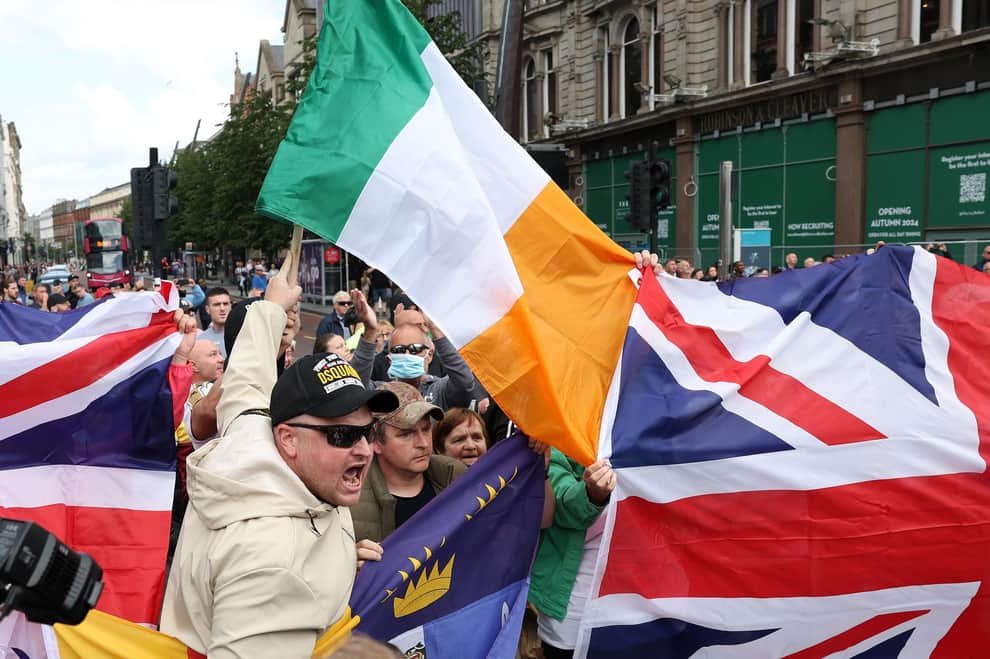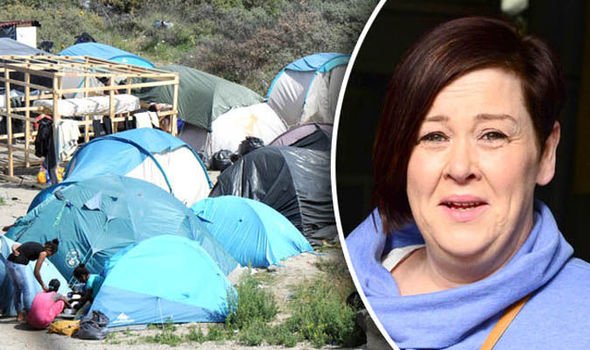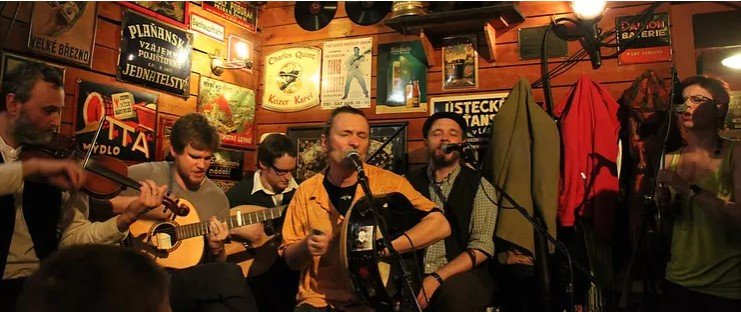Limiting Migration into Belfast and Northern Ireland: Resolving the Fallout from the Troubles First
The enduring impact of the Troubles continues to shape the socio-political landscape of Northern Ireland. This period of intense conflict, which spanned from the late 1960s until the Good Friday Agreement in 1998, left deep scars on the communities of Belfast and beyond. Despite significant progress in peace-building, the remnants of division and distrust still persist, manifesting in sectarian tensions, economic disparities, and a fragile social fabric. In this context, it is argued that migration into Belfast and Northern Ireland should be limited until the full ramifications of the Troubles are adequately addressed.
The Legacy of the Troubles
The Troubles resulted in over 3,500 deaths and countless injuries, leaving a profound and lasting impact on Northern Irish society. Communities remain divided along sectarian lines, with peace walls still standing as physical and symbolic barriers between Catholic and Protestant neighborhoods. This segregation perpetuates social and economic inequalities, hindering efforts to achieve true reconciliation and unity.
- Sectarian Tensions: Despite the peace process, sectarian tensions continue to simmer beneath the surface. Incidents of violence, albeit less frequent, still occur, and the legacy of mistrust hampers the development of cohesive communities. Introducing a significant influx of migrants into this already volatile environment could exacerbate tensions and disrupt the delicate balance.
- Economic Disparities: Northern Ireland has one of the highest unemployment rates in the UK, with certain areas experiencing persistent poverty and lack of opportunities. The aftermath of the Troubles has left many communities struggling to rebuild their economies. An uncontrolled influx of migrants could strain already limited resources, increasing competition for jobs and housing, and potentially leading to social unrest.
Integrating Eastern European Migrants
Over the past 20 years, Northern Ireland has successfully integrated many Polish and Lithuanian working migrants. These groups have largely shared Christian values with the native population, aiding in their smoother assimilation into Northern Irish society. Their presence has contributed positively to the economy and helped fill labor gaps without significantly inflaming existing cultural or religious tensions.
The Argument for Limiting Migration from Non-Christian Countries
Given these challenges, it is essential to prioritize resolving the deep-seated issues stemming from the Troubles before introducing significant numbers of migrants from vastly different cultural and religious backgrounds. The focus of this argument is on the influx of Muslim immigrants, who, critics argue, have values and cultural practices that starkly contrast with those of the predominantly Christian society in Northern Ireland. This perceived incompatibility can lead to increased tensions, especially in areas like Sandy Row, where historical divisions are already pronounced.
- Social Cohesion: Limiting migration would provide the necessary breathing space to focus on healing divisions within Northern Irish society. Efforts can be concentrated on building bridges between communities, fostering mutual understanding, and dismantling the remnants of sectarianism.
- Economic Stability: Addressing economic disparities should be a priority. By focusing on creating job opportunities, improving education, and revitalizing disadvantaged areas, Northern Ireland can create a stable economic environment capable of supporting both its current residents and future migrants.
- Resource Allocation: Ensuring that public services, such as healthcare, education, and housing, are sufficiently robust to accommodate both existing needs and future growth is crucial. Limiting migration temporarily allows for strategic planning and resource allocation to build a sustainable framework for integration.
Controversial Steps to Achieve This
To effectively limit migration and address the legacy of the Troubles, several controversial steps could be proposed. While these measures may provoke debate, they are intended to prioritize long-term stability and social cohesion.
- Moratorium on New Immigration: Implementing a temporary moratorium on new immigration from non-Christian countries into Northern Ireland would allow time to focus on internal issues. This pause should be paired with comprehensive assessments of community needs and capacities.
- Targeted Investment: Directing substantial investment into the most affected areas by the Troubles would help to mitigate economic disparities. This could include job creation programs, infrastructure development, and education initiatives specifically tailored to bridge the gaps left by years of conflict.
- Reconciliation Programs: Expanding reconciliation programs that promote dialogue and understanding between Catholic and Protestant communities is essential. These programs should be adequately funded and supported to ensure meaningful progress.
- Enhanced Security Measures: In areas where sectarian tensions remain high, enhancing security measures to prevent violence and protect communities is necessary. This includes monitoring and addressing any potential radicalization or extremism that could arise from both local and migrant populations.
- Community Involvement: Engaging local communities in the decision-making process about migration policies and integration strategies is crucial. Ensuring that residents have a voice in shaping their future can help build trust and cooperation.
Conclusion
The legacy of the Troubles presents unique challenges for Northern Ireland, making it imperative to address these issues before significantly increasing migration, particularly from non-Christian countries. While limiting migration may be controversial, it is a pragmatic approach to ensuring that the region can adequately support and integrate newcomers without exacerbating existing tensions and disparities. By focusing on social cohesion, economic stability, and strategic planning, Northern Ireland can create a solid foundation for a diverse and inclusive future. Efforts should also be made to counteract the spread of divisive theories and rhetoric, focusing instead on building a future where all members of society can thrive together.






